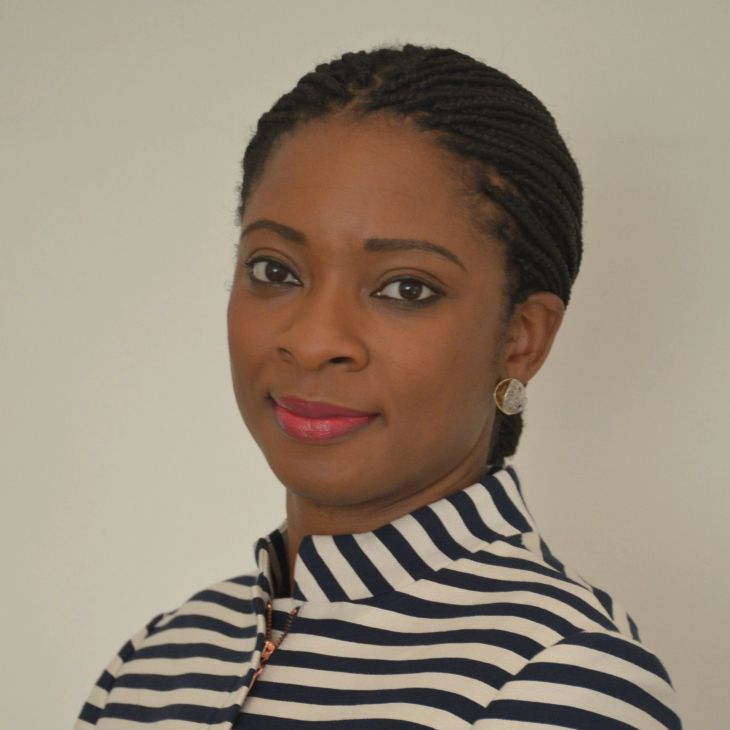
By: Aparna Sreevalsan
BLACK women employees in white-collar senior executive and management jobs are often overlooked for promotion and continue to face racial bias at the workplace, revealed by Black Women in Leadership (BWIL), a non-profit network.
The network is made up of professional women of black ethnicity from the sectors like investment management, law, etc. with a mission to increase the representation of black women in leadership and decision-making positions in corporate organisations, across various sectors in the UK. The Advisory Council consists of Dr. Paula Franklin (Chief Medical Officer, Bupa), Christiana Dinah (Consultant Ophthalmologist, London North West Healthcare NHS Trust), Ronke Lawal (Founder, Ariatu PR), and other black women professionals.
A survey was conducted by the BWIL among 250 black women employees across various industries in the UK, to share their work experience. It found that four or more out of ten black women (which is 44 per cent) expressed their concern about not being offered the same career benefits and opportunities as their non-black female colleagues receive. More than 30 per cent of black female senior executives and those in management positions were given fewer professional development opportunities, BWIL claimed from the result of the survey.
Many of those participating faced difficulties and had to resign eventually due to unfair treatment from their colleagues, BWIL asserted. The report also discloses that 38 per cent of them did not earn as much as their non-black female colleagues despite being in the same role.

“The findings of the research showed how much work still needs to be done”, said Dara Owoyemi, co-founder, and director of BWIL Network. Dara Owoyemi is a Director at Integral Growth Partners, an advisory firm that promotes and supports private investment (foreign and domestic direct investment) into businesses and countries globally. Dara has worked in investment banking and investment promotion in the UK and across Africa.
Also, 58 per cent of black female employees had a sponsor at work for supporting career advancement.
“This survey catalogues the sentiments and experiences of black female professionals in the UK, a sub-set of the population that is at the intersection of gender and race and not widely represented. We encourage corporates in the UK to address some of these inequalities through increased accountability and transparency around issues pertaining to opportunities and pay for their black female employees”, said Abi Mustapha, one of the co-founders of the BWIL network to Asian Media Group.
Meanwhile, Glassdoor (an American website where current and former employees anonymously review companies) launched new diversity & inclusion initiatives in 2020, that highlighted the state of Diversity, Equity, and Inclusion in the corporate world.
As part of this move, the organisation conducted a survey recently which revealed the top ten companies for career advancement of Black employees. Based on the report by Glassdoor, Deloitte UK and EY UK are the only UK companies that came in the top ten companies’ list that have taken steps to improve the conditions for the advancement of black employees. American companies like Delta Airlines, Microsoft, Northrop Grumman, FedEx, Bank of America, Capital One, Enterprise, and Chick-fil-A are the other eight companies that came in the list of top companies.